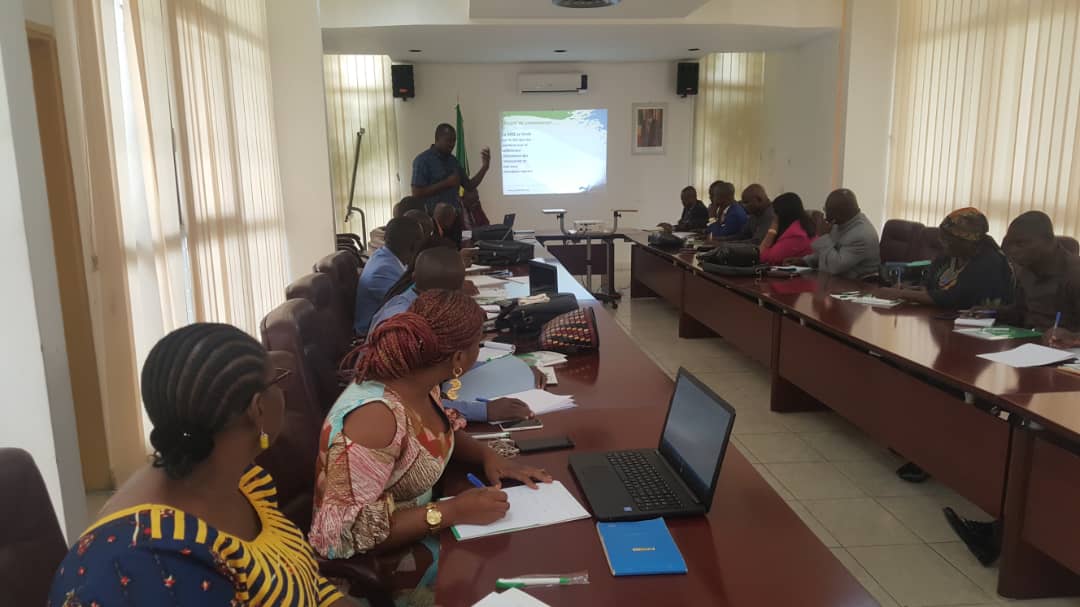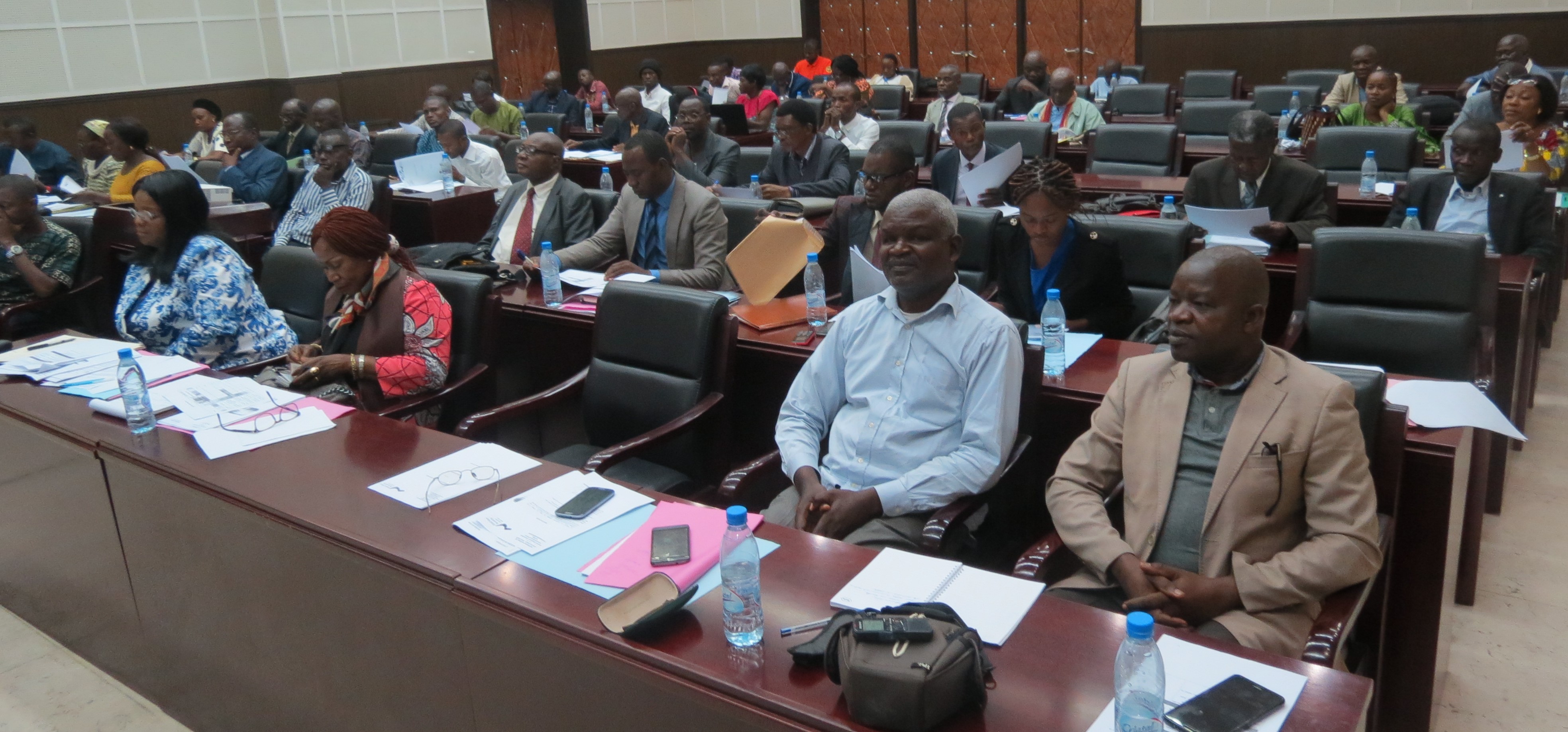The Government of Congo believes that a partnership with GWP-CAf is necessary to strengthen the country's response capacities and to actively participate alongside the national authorities in the implementation of their political strategy for reaching water security. Therefore, on the 31st of May 2008, the Congo’s Country Water Partnership was established and to date, it brings together about forty partners from the national water sector. During the term of the CWP and in accordance with the statutory texts, the partners met on the 21st of May 2019 for a General Assembly. Its aim was to (i) review the activities of 2018, (ii) review the CWP's statutory documents, in order to meet the GWP network's accreditation criteria, and (iii) present and adopt the 2019 CWP work plan.
60 participants took part in this General Assembly and discussed the life of the partnership and its statutory texts as planned in the agenda. After discussion, all proposed modifications in accordance with the GWPO acreditation criteria were directly considered. The main recommendation of the participants was to convene an extraordinary general meeting before the end of 2019 to adopt the three-year work plan 2020-2022.
After this General Assembly, the CWP of Congo and the Directorate General of Hydraulics considered it appropriate to strengthen the capacities of institutional actors in the water and sanitation sector in terms of IWRM. Thus, GWP-CAf provided its technical expertise around a training workshop on IWRM concepts and adaptation to climate change. This training is justified by the fact that the water and sanitation sector in Congo is still facing governance challenges related to (i) the weakness of the implementation of integrated water resources management, (ii) the unavailability of an information system and database for the sector, and (iii) the low level of enforcement of the laws of the sector. In addition to these restrictions, there is the problem of insufficient trained employees and the appropriation of new IWRM concepts in the context of climate change adaptation.

A view of the training workshop
The aim of this training was to promote sustainable, participatory and integrated water resources management approaches in terms of climate change adaptation in the water and sanitation sector management decision-making. It provided participants with knowledge on the concept and principles of IWRM and climate change and also on the priorities of the Regional Policy for Integrated Water Resources Management in Central Africa (PARGIRE). At the same time, the members of the Technical Committee for the revision of the National Water and Sanitation Policy (NAEP) document were briefed on the need to integrate the issues, principles and concepts of IWRM and Adaptation to Climate Change into the national water and sanitation policy documents.
